Feeding cucumbers in the garden
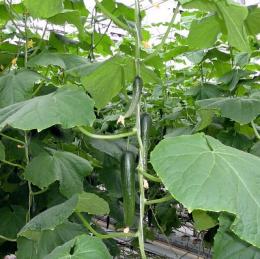
Cucumber is a rather capricious garden resident. It loves not only light and warmth, but also a sufficient amount of moisture. And timely feeding of cucumbers contributes to a good harvest.
Cucumbers require increased nutrition; they love humus and compost, and even tolerate fresh manure well, which cannot be said about other vegetable crops. But they absolutely do not tolerate chlorine - neither in water nor in fertilizers. Chlorinated water, potassium and ammonium chloride are contraindicated for them.
The first feeding of cucumbers is carried out in the phase of the third or fourth leaf using a solution of mullein in a ratio of 1 to 10, or bird droppings (1 to 20).
The second feeding of cucumbers is done in the flowering phase. For 10 liters of water, 60 grams of nitrophoska or ammophos are required. At the same time, it is good to carry out foliar feeding, that is, spray the surface with a solution of microelements such as manganese, zinc, boron and copper, taken 1 gram per bucket of water (potassium permanganate, zinc sulfate, boric acid and copper sulfate).
In general, a lot depends on the age and appearance of the plants. Of course, it is not always possible to correctly determine which element they need based on appearance. In order not to harm the plantings, you can first feed 2-3 control bushes, and after a few days, if the result is good, the rest of the plants.
Everyone knows that to form a good harvest you need a large amount of nutrients, but the cucumber cannot tolerate their excessive concentration. Therefore, small but frequent doses are needed.And one more thing - it’s better not to feed the cucumbers more than to overfeed them.

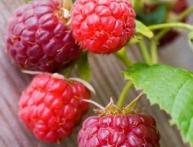
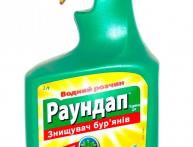
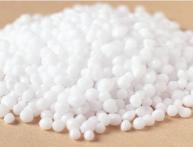
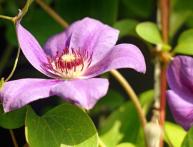
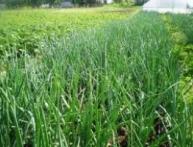
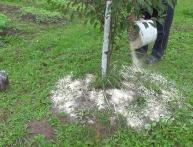
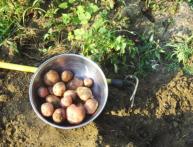
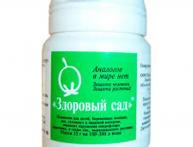
Comments
I also know that cucumbers can start to taste bitter due to lack of moisture. Therefore, watering, as well as fertilizing, must be carefully monitored.